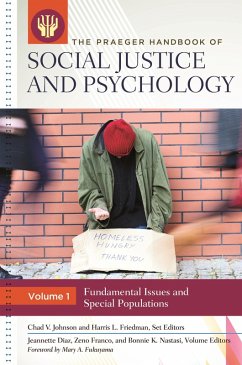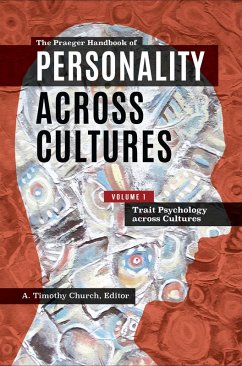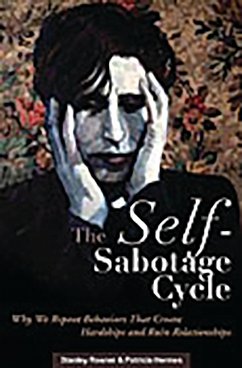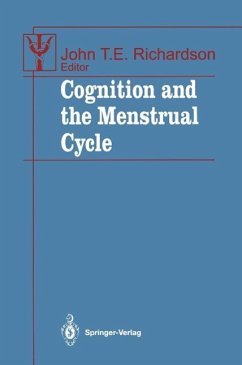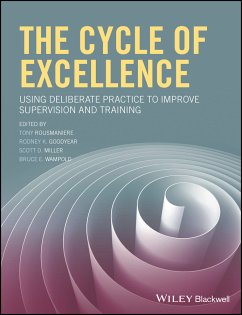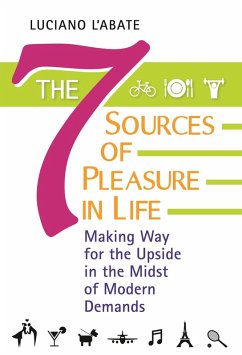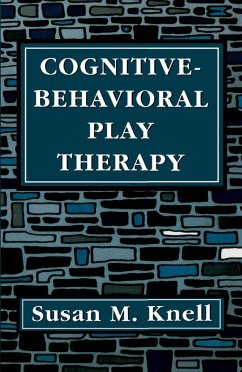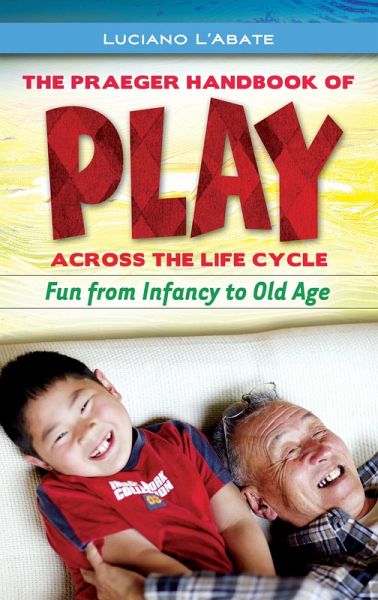
The Praeger Handbook of Play across the Life Cycle (eBook, PDF)
Fun from Infancy to Old Age
Versandkostenfrei!
Sofort per Download lieferbar
46,95 €
inkl. MwSt.
Weitere Ausgaben:

PAYBACK Punkte
23 °P sammeln!
This volume shows how we play at various ages and stages, and why play is so vital to our wellbeing. Most American adults have little respect for play, for themselves or, increasingly, for their children. Are we losing anything with this attitude? Yes, says longtime clinical psychologist Luciano L'Abate. In a book that has a message for us all, L'Abate presents research showing that play, as one scholar put it, "is not a luxury, but rather a crucial dynamic of healthy physical, intellectual, social, and emotional development at all age levels." The Praeger Handbook of Play across the Life Cycl...
This volume shows how we play at various ages and stages, and why play is so vital to our wellbeing. Most American adults have little respect for play, for themselves or, increasingly, for their children. Are we losing anything with this attitude? Yes, says longtime clinical psychologist Luciano L'Abate. In a book that has a message for us all, L'Abate presents research showing that play, as one scholar put it, "is not a luxury, but rather a crucial dynamic of healthy physical, intellectual, social, and emotional development at all age levels." The Praeger Handbook of Play across the Life Cycle: Fun from Infancy to Old Age, shows how play and playful activities have developed and changed across recent history, and how their necessity has been the subject of changing cultural and educational views and controversies. The book overviews the history of play, summarizes current research and theory, shows how we play at various ages and stages, and explains why that helps us develop into healthy people-physically, intellectually, emotionally, and spiritually.




